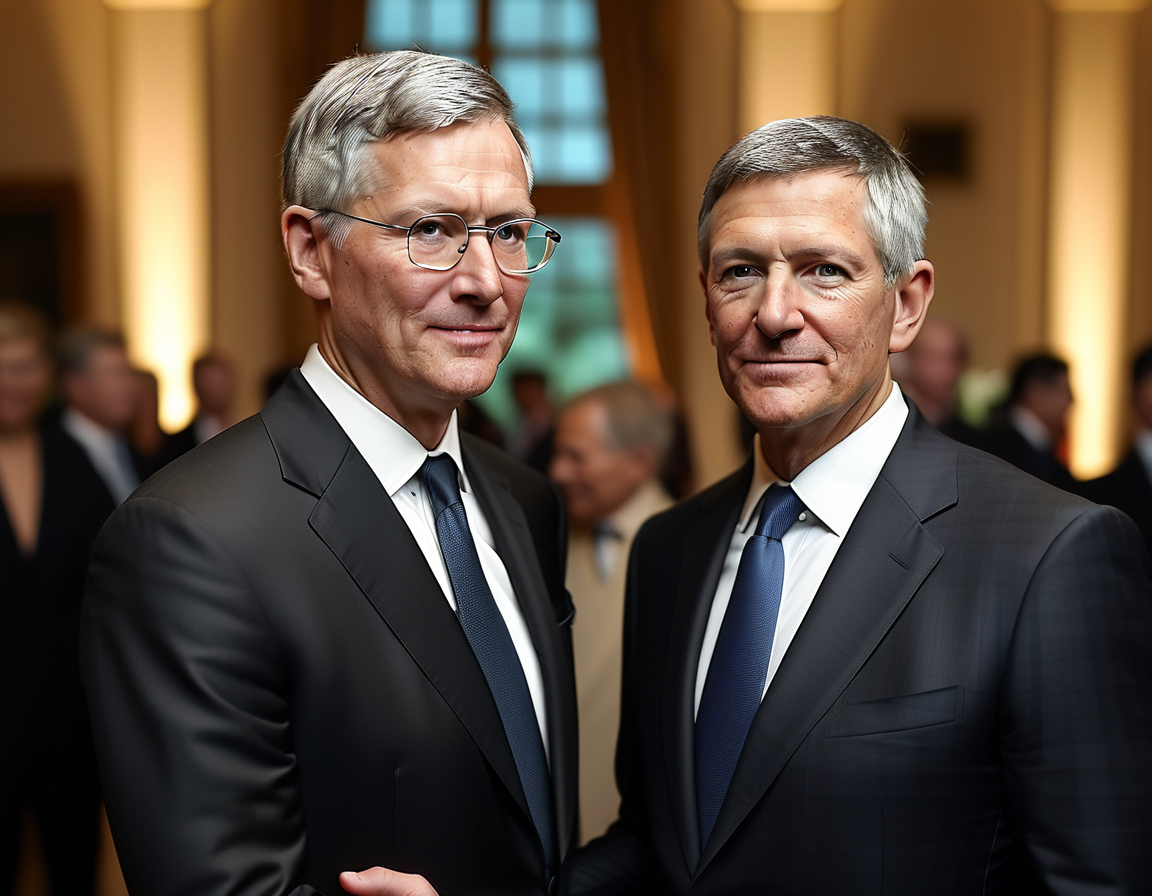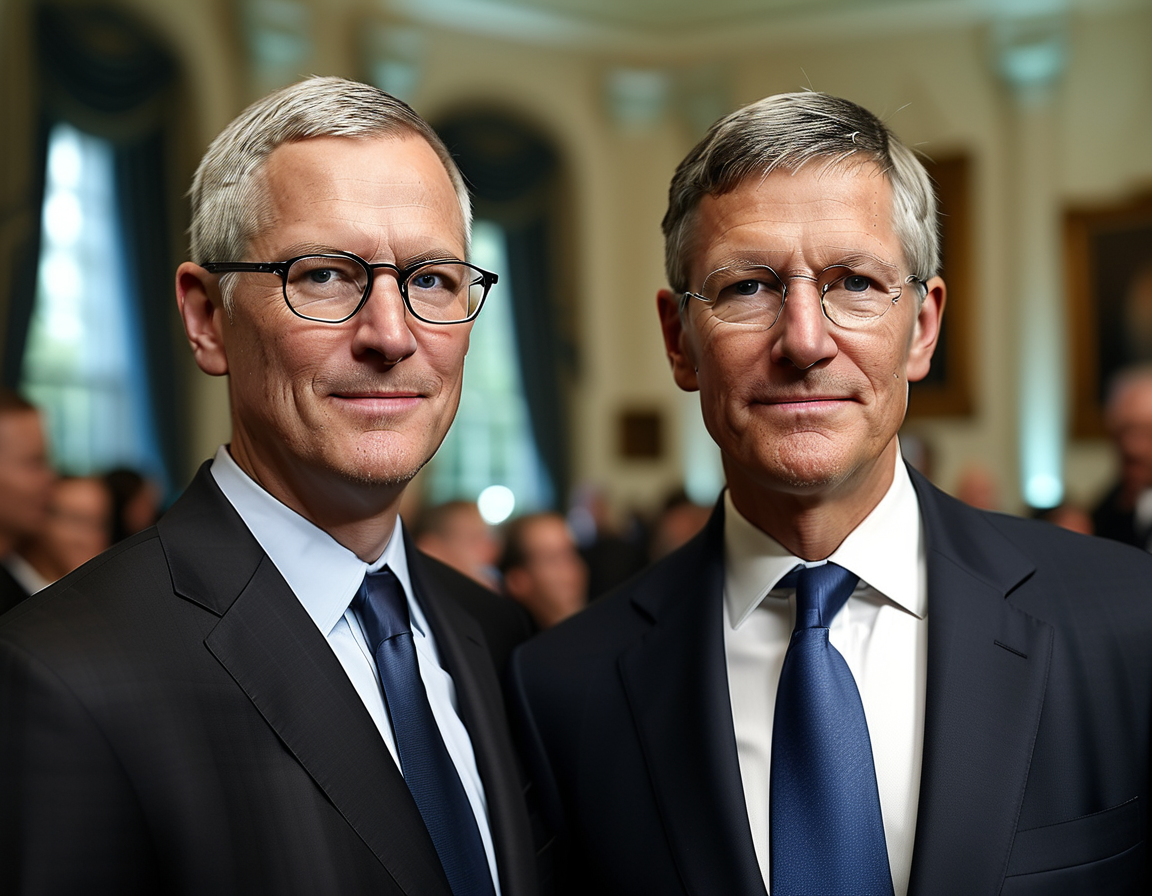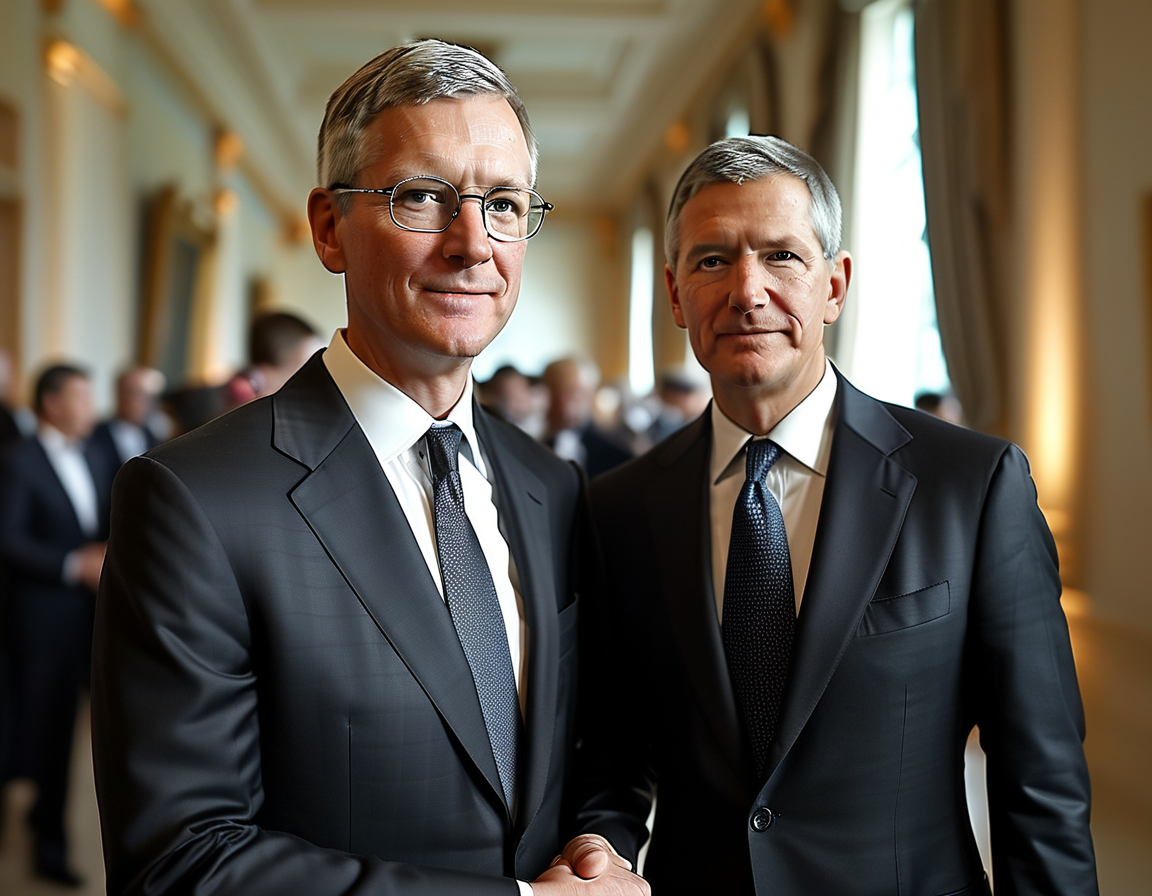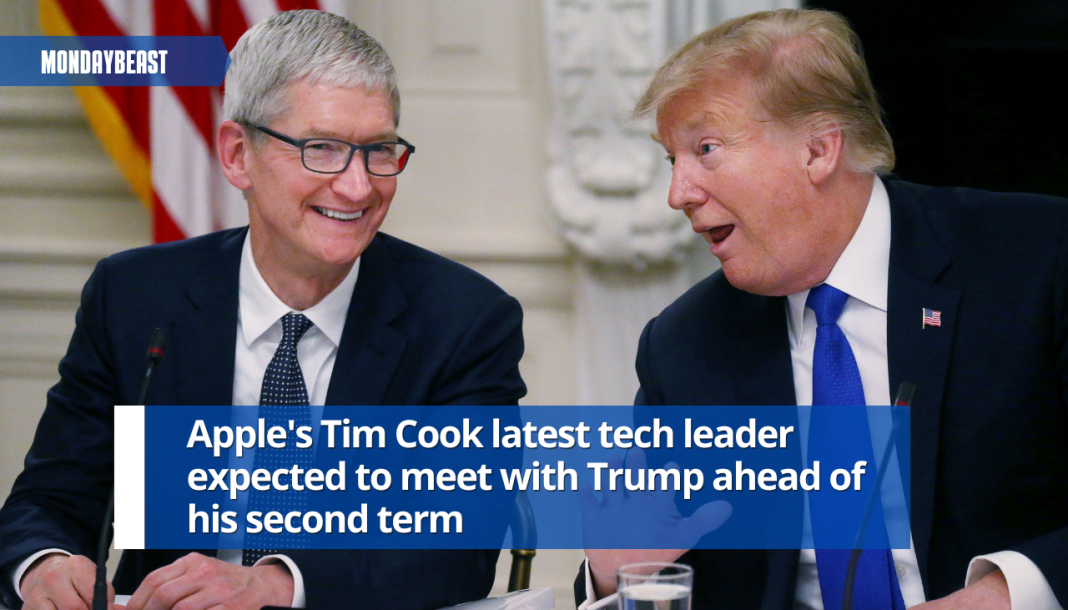In a striking turn of events, Apple CEO Tim Cook is gearing up to meet President-elect Donald Trump this Friday at Mar-a-Lago. This meeting comes just a month ahead of Trump’s second term in office. It raises an intriguing question: What does this mean for the future of tech and its relationship with the administration?

Consider this: other major tech players like Meta’s Mark Zuckerberg and Google’s Sundar Pichai have already had their sit-downs with the incoming president. They are navigating a new political landscape, one where cordial relationships with Trump could matter significantly. Cook’s approach has been markedly different compared to some of his peers. Unlike Jeff Bezos, who often found himself at odds with Trump, Cook has maintained a more amicable rapport, emphasizing collaboration rather than conflict.
Cook’s recent congratulatory message to Trump on social media reflected a desire for partnership. He expressed hopes for engagement that would foster ingenuity, innovation, and creativity. But can a simple dinner change the dynamics of the tech industry’s influence on politics? The stakes are high, particularly when we consider how tech companies navigate regulatory challenges and global competition.

Moreover, Trump’s remarks during various podcasts indicate he is prepared to support American companies against international regulation. He was notably dismissive of the penalties Apple faced under European regulations, showcasing a willingness to champion U.S. interests. This stance raises broader questions about how much influence tech leaders can have on governmental policies, especially those impacting economic strategies.
It’s interesting to note that Cook and Trump have previously communicated over the phone during Trump’s first term. Their exchanges, often focused on the challenges Apple faced, hint at a level of mutual respect. Could those conversations lead to actionable outcomes that benefit both parties?

Meanwhile, as Bezos prepares for his meeting next week, the tech industry’s power dynamics continue to evolve. Beyond business interests, there’s the intriguing friendship between Musk and Trump, a bond that has grown stronger over time. Musk has stepped into the limelight not just as a business leader but as a significant ally for Trump, co-leading the new Department of Government Efficiency, nicknamed DOGE.
The question begs to be asked: will these strategic alliances lead to favorable conditions for the tech industry? Although the interplay between politics and tech can be complicated, maintaining close ties could facilitate a smoother path for innovation and growth.
As we witness these unfolding dynamics, it becomes clear that the ties between tech and government are more influential than ever. How will these meetings impact policies, and, ultimately, the choices we make as consumers? What is certain, however, is that the conversations at Mar-a-Lago and beyond reflect a new era in political collaboration that warrants our attention.
Follow along as these narratives unfold. Keep a watchful eye for how these alliances will shape not just the tech industry, but also our society as a whole. In a rapidly changing environment, understanding the motivations and relationships of key leaders shapes our perspectives on the future.




